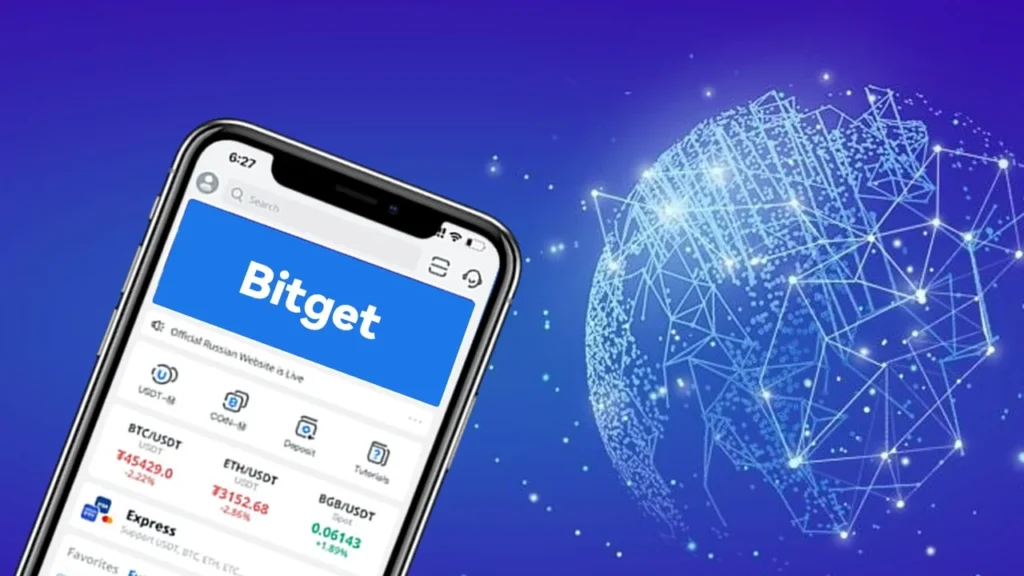Last August, a little-known startup did something big. They put the diploma certificates of 100,000 students on the blockchain. Now, those students can prove their skills to potential bosses in seconds, not weeks. It’s all automated. The startup, LegitDoc, did this on Polygon, a public blockchain. It’s now the world’s biggest blockchain setup for educational certificates, giving out over a million diplomas.

Key Takeaways
- Empowering Innovation: Public blockchains offer immense potential for Indian innovators.
- Security and Cost Efficiency: Public blockchains offer cost-efficient solutions compared to private blockchains, enabling startups to deploy and maintain systems at a fraction of the cost.
- Crypto Incentives: Public blockchains rely on crypto incentives to ensure network maintenance and security.
- Strategic Choice for India: Given the vast population and diverse needs of India, public blockchains present a strategic choice for the country.
Next, they teamed up with the Gadchiroli district in Maharashtra. They issued 65,000 caste certificates for tribals in Etapalli. Now, those tribals can prove their identity for social benefits in just a minute by scanning a QR code. And guess what? It’s based on a public blockchain.
Around the globe, startups like LegitDoc are using public blockchains to automate big systems. Old processes that took forever are now digital, quick, and reliable.
Neil Martis, LegitDoc’s founder, loves public blockchains. But some people wonder: Do we need them? Can’t we do this without cryptocurrency?
Public Blockchain VS Private Blockchain
A blockchain is like a super secure database. It’s spread across many computers. Data is stored in blocks, and each block has a link to the one before it. Once data is in, changing it is super hard.
In a public blockchain, anyone can join and run the show. Ethereum, Polygon, and Cardano are examples. Nobody owns these blockchains. People worldwide keep them going by running a special program.
On the flip side, in a private blockchain, a select group runs the show. Think of it like a club. HyperLedger Fabric and R3 Corda are examples.
Now, why do startups like LegitDoc pick public blockchains? Three big reasons:
- Accessibility: Anyone can jump in, no need to beg permission.
- Ease of use: It’s open source, so startups can make custom solutions fast.
- Flexibility: No need to deal with a third party. Startups can keep improving without
extra hassle.
There’s more; public blockchains have two hidden perks: Security and cost.
Security first. There’s no single weak spot in a public blockchain. Every computer in the network (called nodes) does its part. Big blockchains like Ethereum are guarded by thousands of these nodes. They get rewarded with crypto for keeping things safe.
So, attacking a public blockchain is crazy expensive. Ethereum’s validators have put in over 29.5 million ETH, worth billions. That’s a hefty price tag for troublemakers.
Now, cost efficiency. Take LegitDoc’s diploma certificates. Storing and verifying 1 million certs for 5 years on Polygon costs about Rs. 4.4 lakh. But on a private blockchain like HyperLedger, it could hit Rs. 29 lakh!
So, in a big country like India, public blockchains are a smart move. They’re accessible, flexible, easy to use, secure, and cheap.
And don’t forget, that public blockchains need crypto to run smoothly. Without it, they’d fall apart.
So, yes, there are alternatives. But they’re pricey and less flexible. India has a choice: Stick to expensive, old ways or back our innovators and make our tech stars.
Disclaimer
FAQ
Public blockchains are decentralized digital ledgers without a central authority, offering Indian innovators a platform that is secure, transparent, and cost-efficient for various applications.
By using public blockchains, processes like verifying educational qualifications or caste certificates can be automated and accelerated, reducing the time from weeks to minutes.
Examples include LegitDoc's educational certificate system on Polygon and the issuance of caste certificates in Maharashtra, both enhancing data integrity and accessibility.
Challenges include regulatory uncertainties, scalability issues, and the need for broader technological understanding among the masses.


